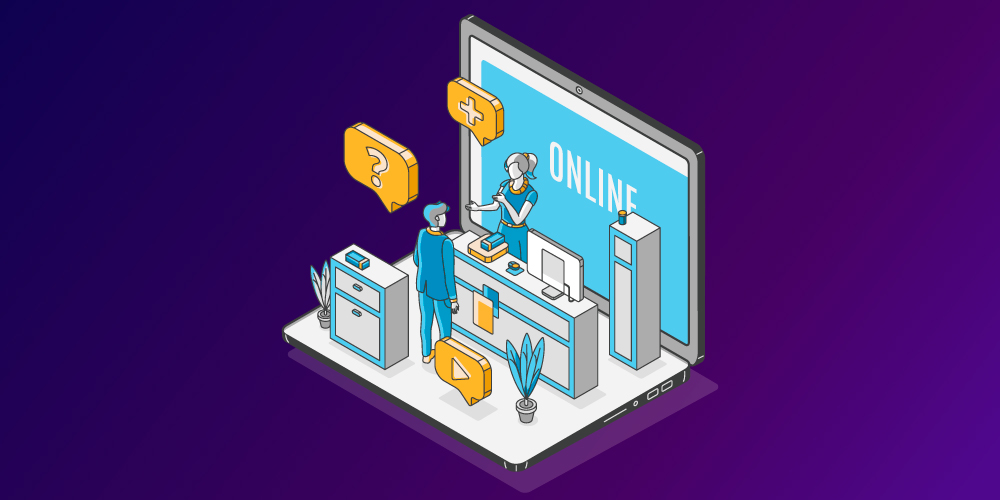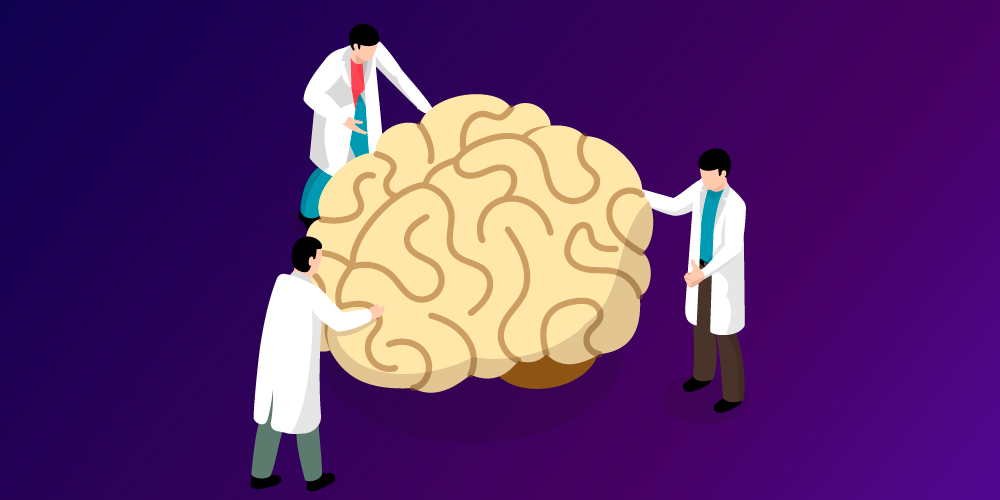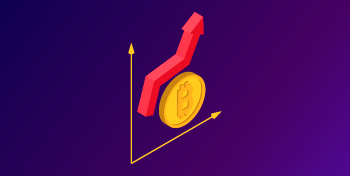Blockchain is a method of data storage; in this way, you can record almost any information with a guarantee of its safety and confidentiality. The cryptocurrencies for which this technology was created may eventually disappear, and new projects will develop on the basis of the blockchain, and this will become a part of our daily life.
Problems of medicine, and why it needs a blockchain
In modern medicine, there are several problems that are solved with the help of blockchain, as an effective method of recording, storing and transmitting information. For example, hospitals do not have adequate information exchange mechanisms. Remember how many times you stood in line for test results, collected them yourself in your medical record, and sometimes lost them.
The second problem is the lack of complete information about the patient’s medical history. Even if the data is recorded in a paper medical card, the doctor to whom you will go today for an appointment is unlikely to want to read all the previous records of their colleagues, made by the famous “doctor’s handwriting”, which has long been legendary. Incomplete data, loss of medical records and lack of necessary tests lead to problems when prescribing treatment.
To better understand the nature of data exchange in the health sector, we will list who owns information in medicine: patients, medical institutions, government, society, pharmaceutical companies, scientists. Let’s list the current directions for using blockchain technology:
- Electronic medical record.
- Drug supply chains.
- Distribution of donor organs.
- Clinical study.
- Insurance and payments.
Blockchain technology allows you to create new models for storing and managing information, protect it from unauthorized access, facilitate data exchange, speed up the diagnosis process, and prescribe more effective treatment. Patient protection and secure data exchange are important issues for all information owners.
Electronic medical records of patients
Currently, all vaccination records and other medical information about patients are stored either in paper form or in an electronic database. For you and me, the problem is that we don’t have access to the hospital’s computer database, and we can’t control the entries in our medical records. Information from a regular electronic database can be transferred to other organizations, or become available to hackers during a cyber attack.
While we still have paper medical records that are stored in the hospital file or are in the hands of patients. And we have well-founded concerns about the transfer of the health care system to electronic accounting. We all want to protect our data while creating a single database, and we do not want third parties to have access to our medical history or other manipulations with our body.
But, nevertheless, whether we want it or not, the state is already dealing with this problem. It is interesting that blockchain technology is the most promising direction of development for the healthcare system. Back in 2017, the Ministry of health considered the scenario of transferring all medical records to this platform. Russia has been the creation of EGIS – unified state information system in healthcare. It is a database of patients ‘ medical records. This particular database can be represented on the blockchain platform. Let’s list all the advantages of the technology:
- The patient can manage the data in their own medical records.
- You can’t change the medical records.
- The medical card is located in a distributed network that is resistant to hacker attacks.
- Data on the card is confidential, since access to it can only be obtained using the patient’s private key.
- It is also impossible to fake them, so the information in the medical card is reliable.
As an example that has already been implemented, we will cite the experience of Estonia, where the medical data of 1 million citizens is already presented in this form. When a person comes to the hospital, the attending physician has the opportunity to see all the patient’s previous visits to the clinic, tests, pictures, a list of contraindications, appointments, and operations.
It is the blockchain technology that will allow us to be calm about the security of data stored in our medical records. Theoretically, it is possible to implement an application in which we ourselves will give doctors or laboratories access to their information. We can also control third-party access to the map. Protection from cyber attacks and a reliable access key should ensure the security of our information in the blockchain system.
Control over the supply of medicines

In addition to converting medical records to an electronic form based on blockchain, this technology is of great interest to the healthcare system in order to track the supply of medicines. This is the simplest example, which also has real cases.
The problem with the modern drug trade is that we can buy fakes in a regular pharmacy, and the pharmacists themselves recognize this. We can’t control where these pills or ampoules came from, and certificates are easy to forge. However, in the blockchain, all data about each specific drug is stored from the time it was produced at the factory to the time it went on sale.
Further, it is possible to add functionality to this system, which will be used to control the distribution of medicines. This is especially important for the supply of drugs that are subject to special control, such as drugs containing narcotic substances. Now we see how many problems arise in ordinary hospitals with such drugs. With the introduction of new technology, the hospital management can always see who exactly the ampoules were transferred to, and in what direction they were used. Data that was once placed in the blockchain cannot be changed. And this is a great advantage and protection against counterfeiting.
An example of such a system is the MediLedger project, which brought together the forces of major manufacturers: Pfizer, Genentech and distributors. Pharmaceutical companies are particularly interested in developing a new control system, because counterfeits threaten their reputation. The finished project is planned to be presented in 2023. It is at this time that a law comes into force in the States, according to which all prescription drugs will be monitored using a new electronic system. The systems that exist today do not allow you to track the supply chain: from the manufacturer to the consumer. So the new project will be the solution to the problem.
Blockchain for clinical research in medicine
In the field of clinical research, it is extremely important for physicians to obtain reliable and complete information. However, if the data from scientific experiments is fragmented, this will make it difficult to work. Blockchain, as an effective technology for storing and transmitting information, is the best fit for CI.
A large number of different clinics, organizations, researchers, and patients can participate in a single clinical trial. Therefore, getting information and working with it are actual problems in the field of CI. Blockchain technology is a revolutionary method that will speed up the pace of research, open access to information, and strengthen control over the results. For CI, the integrity and immutability of data collected for scientific research is important. This eliminates falsification of results and increases the accuracy of medical research.
Control in the field of Transplantology

The most sensitive area of medicine is Transplantology, namely, in terms of the use of donor organs. Effective transplantation requires two factors: the first is the consent of the donor, and the second is a verified source from which the organ came. For example, would you like to know exactly where the bone marrow was taken for transplantation to your close relative who is in your care? Naturally, the answer will be positive, because we all want to be calm about this.
The United Arab Emirates has already established a system through which the Ministry of health monitors donor organs. On the basis of the blockchain, the donor’s consent is recorded and the origin of donor organs is tracked. The main goals of the project, which is called Hayat:
- Make it easier to access the organ transplant procedure.
- Improve the transplant process.
- Effectively check the origin of organs.
One of the important areas is the acceleration and safety of organ transplantation. To implement this project, the task was divided into three blocks. At the first stage, the blockchain platform was divided into modules, each of which corresponds to one area of the transplantation process, and then a main registry of donors was created. At the second stage of project development, we created a list of patients waiting for a transplant. And the final stage is the development of a tool for checking and distributing organs using AI. The project is designed for the period from 2019 to 2021, and it is planned to save $ 20 million annually for the UAE Ministry of health. The most important factor is the confidentiality of information, the blockchain technology provides the highest possible safety standards in this area.
Scope of medical insurance
Smart contracts based on blockchain technology are of great interest for the healthcare sector. For example, if an insured event occurs, the patient must go through the institutions to collect signatures, and then wait for the payment of funds. The main problem is the lack of transparency between the three parties: the medical institution, the patient, and the insurance company. This creates a loophole for fraud, and the result of such actions are losses of tens of billions of dollars each year. If you store information in the blockchain, most of these processes are automatic, ensuring transparency of information. So far, these technologies are discussed only in professional circles, but real projects in the field of health insurance have not yet been launched.
Our society, although reluctant, is confidently moving towards digitalization. This is what we are told by a lot of laws that are regularly signed by the government in this area. And blockchain technology is considered the most promising in this direction. For healthcare, this has several advantages: data confidentiality, a single database of information that facilitates communication between parties: patients, clinics, and insurance companies.


